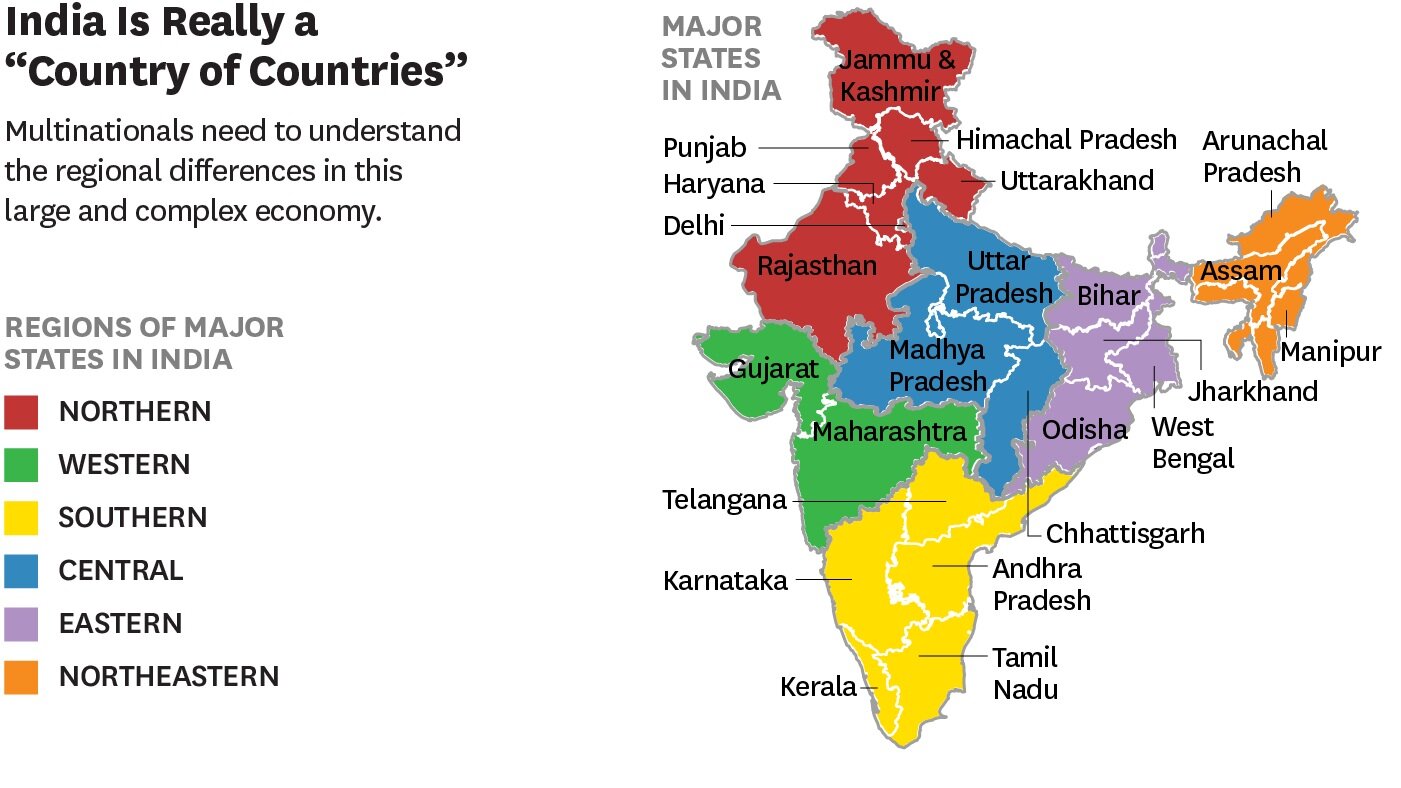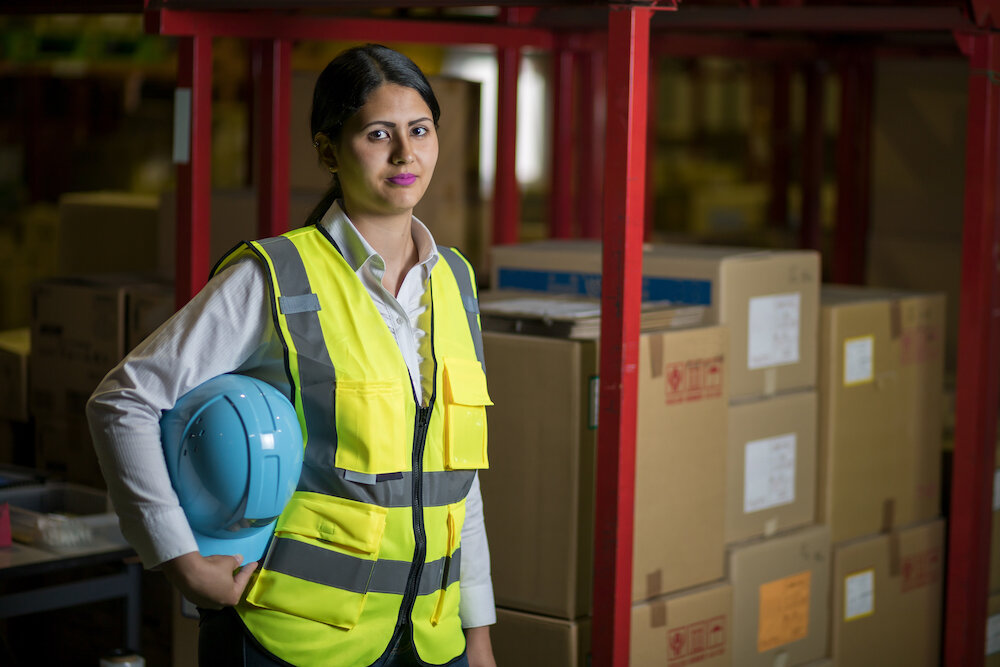Whether you are traveling to India to explore options for outsourcing your manufacturing or IT, or just to understand the opportunities for your products in the Indian market, proper preparation for your business trip to is key. After all, understanding the country and its culture makes it easier for you to achieve success in India. We share five tips to ensure the success of your business trip to India.
1. Take your time
A business trip to India is exhausting. The climate, the crowds, the food, the conversations, everything takes more energy than at home. It is therefore advisable to take your time when visiting India.
"If you have an important meeting on Monday, fly the Friday before," said Maarten van der Schaaf, one of the founders of IndiaConnected. "That way you can acclimate and show up to your appointment fresh and sharp."
2. Don't explore India alone
India is a chaotic, complex and opaque country full of contradictions. Therefore, it is not advisable to travel to India alone during your initial business exploration. To be able to ask the right questions and appreciate your observations and insights, it makes sense to travel with others - preferably people with India experience, of course.
"Together you know, see and hear more than alone," says Van der Schaaf. "As a result, you manage to penetrate new markets faster. That certainly applies to India. You discover more quickly the system in the chaos."
3. Be open-minded
Many European companies travel to India with a well-defined plan, but it is wise not to be blinded by these plans. For example, IndiaConnected supported an export manager of a high-end manufacturing company with his trip to India. His goal was to launch exports to India. During his search for buyers, he found out that the company could better set up a factory in India.
"High-quality production in an Indian factory seemed impossible to them at first, but they found tightly organized and highly advanced manufacturing plants in India with modern facilities that meet all European standards. At the same time, they discovered that exporting would not be so advantageous for them precisely because of the high import tariffs," Van der Schaaf explains. "The company therefore changed its course and chose to set up a factory in India."
4. Don't go overnight
If you see India as a prospective business destination, it doesn't hurt to make initial contacts in the country well in advance. Before you reach a deal, you need to build a relationship of trust with potential business partners. This can take quite a long time in some cases - there is no such thing as a short cut.
"Travel to India to get a feel for the country and the people," advises Van der Schaaf. "In India everything is about personal contact; a good click with Indians is crucial. Therefore, don't go overnight with a potential Indian partner. Then failure lurks."
5. Don't try to change India
If you think of India as purely a business affair, you are in for a frustrating time. Think of India as an adventure: immerse yourself in the culture, taste the food, listen to the music, board a packed train. For many Europeans, India is a crazy country: be surprised by it and enjoy it, but don't try to change India. That is the biggest mistake many Europeans make in India.
Maarten van der Schaaf
Founding partner IndiaConnected
Maarten van der Schaaf is one of the founders of consultancy firm IndiaConnected, the European one-stop shop for companies doing business in India. He and our consultants in Germany, Spain, Sweden, Italy and India are ready to answer your questions and support you with the challenges you face in India. From researching the market, recruiting personnel, to support with finance and legal matters.



